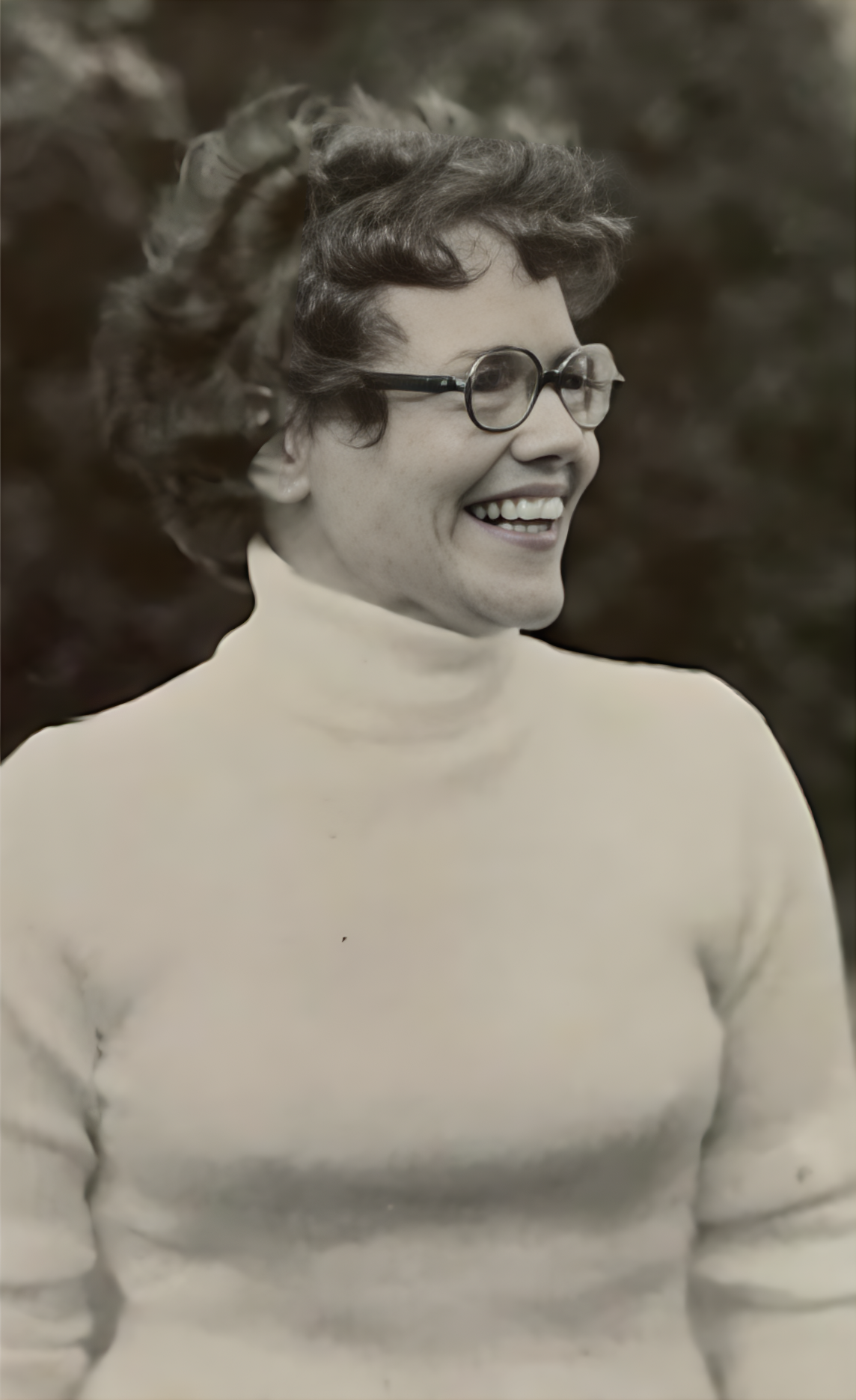
Jean Lythcott, beloved former Stanford GSE educator, dies at 86
Jean “Jeannie” Lythcott, a former clinical professor of science education at Stanford Graduate School of Education (GSE), died of cancer on March 1 at her home in Palo Alto. She was 86.
Lythcott, who came to Stanford in 2000, had a significant and enduring influence in the field of teacher education through both the students she taught and the colleagues she worked alongside.
She was best known for her love of science, her persistence and energy when advocating for students, and her commitment to excellent instruction.
“Jeannie Lythcott was a master pedagogue who taught everyone she touched, not only how to become an ever more thoughtful teacher, but how to become an ever more caring human being,” said Linda Darling-Hammond, the Charles E. Ducommun Professor of Education Emeritus at the GSE, who first worked with Lythcott at Teachers College, Columbia University, and later brought Lythcott to the Stanford Teacher Education Program (STEP).
“She not only taught future science teachers, but also taught her colleagues through discussions and modeling how to deeply understand teaching and the process of learning to teach,” Darling-Hammond said.
A catalyst for scientific discovery
For the entirety of her decades-long career as a science educator, Lythcott was known for evangelizing her love of science.
“Whether it was her teaching a small science lesson or doing this one demonstration where she’d karate chop a meter stick with a newspaper, she knew how to be both a showman and a sage on stage,” said Bryan Brown, the Kamalachari Professor of Science Education at the GSE, who co-taught a curriculum instruction course for science teachers with Lythcott for seven years.
“I’m always an admirer of anybody who is a teacher at heart, and she really exemplified the ethos of a person who is here to teach and educate,” he said.
As a clinical professor of science education at the GSE, she taught and mentored teacher candidates, connected STEP with schools and teachers in the community, and helped create programs that lean on those relationships. She was also the first to receive the Geballe Family Clinical Associate for Science Education in 2009.
“Jeannie’s contributions to the STEP program were vast,” said Rachel Lotan, MA '81, PhD ‘85, a professor emerita of education and former director of STEP. “She set standards about the quality of both her teaching in the classroom and how she prepared for it outside of it.”
In her work with both students and faculty, she was well-regarded for pushing the boundaries on excellence and commitment to her craft.
“In every meeting, activity, conversation and event with Jeannie, you left feeling inspired and lifted,” said Professor Ira Lit, faculty director of STEP. “You really couldn’t ask for a better colleague. She was brilliant and she asked hard questions in a way that was inviting, inclusive, and stimulated deep thought.”
A force of nature
Lythcott was born on Jan. 30, 1939, in Ryhill, a coal-mining village in Yorkshire, England.
She received her undergraduate degree in botany and chemistry from Manchester University in 1960, her PhD in science education at the University of Wisconsin at Madison in 1987, and then taught on the faculty at Teachers College, Columbia University, in New York until 1994.
Over the course of her life as an educator, she worked with students and teachers in the United States — including co-founding Martha’s Vineyard Public Charter School in Massachusetts, where she taught math and science — the United Kingdom and Ghana, in addition to spending many summers teaching for The Peace Corps around the world.
“Jeannie was so well known as an effective teacher and amazing mentor,” said Ruthann Costanza, director of clinical work at STEP. “Teachers would be more than glad to go to a meeting if Jeannie was there. It was like she held court with her background experience, and I was in awe of the work that she did.”
In notes from former STEP alums honoring her life, she’s described as a passionate and enthusiastic mentor, a stellar model of intellectual curiosity, and a “force of nature.”
“My mother knew that the capacity to excel lives within us all, and that the right teacher helps bring the student to a greater familiarity with their own talents,” said Julie Lythcott-Haims, Lythcott’s daughter, and former dean of freshman and undergraduate advising at Stanford.
“She was devoted to education as a tool of liberation, and science as the deepest source of understanding,” Lythcott-Haims said. “Being a science educator, she felt that her work would be life changing for every student she encountered, and she had a love affair with science that she shared with the world.”
Lythcott is survived by her children Ian Forrester and Julie Lythcott-Haims; her stepchildren, Ngina Lythcott, George Lythcott and Michael Lythcott; her sisters, Carol Snookes and Patricia Williams; eight grandchildren; and four great-grandchildren.
She was preceded in death by her first love, Ian Forrester (who died in 1958), and her husband, George Lythcott (who died in 1995).
Those who wish to donate in her memory can send contributions to the STEP Fellowship Fund, the League of Women Voters of Palo Alto, and the University AME Zion Church in Palo Alto.
Faculty mentioned in this article: Ira Lit , Linda Darling-Hammond , Rachel Lotan , Bryan Brown



